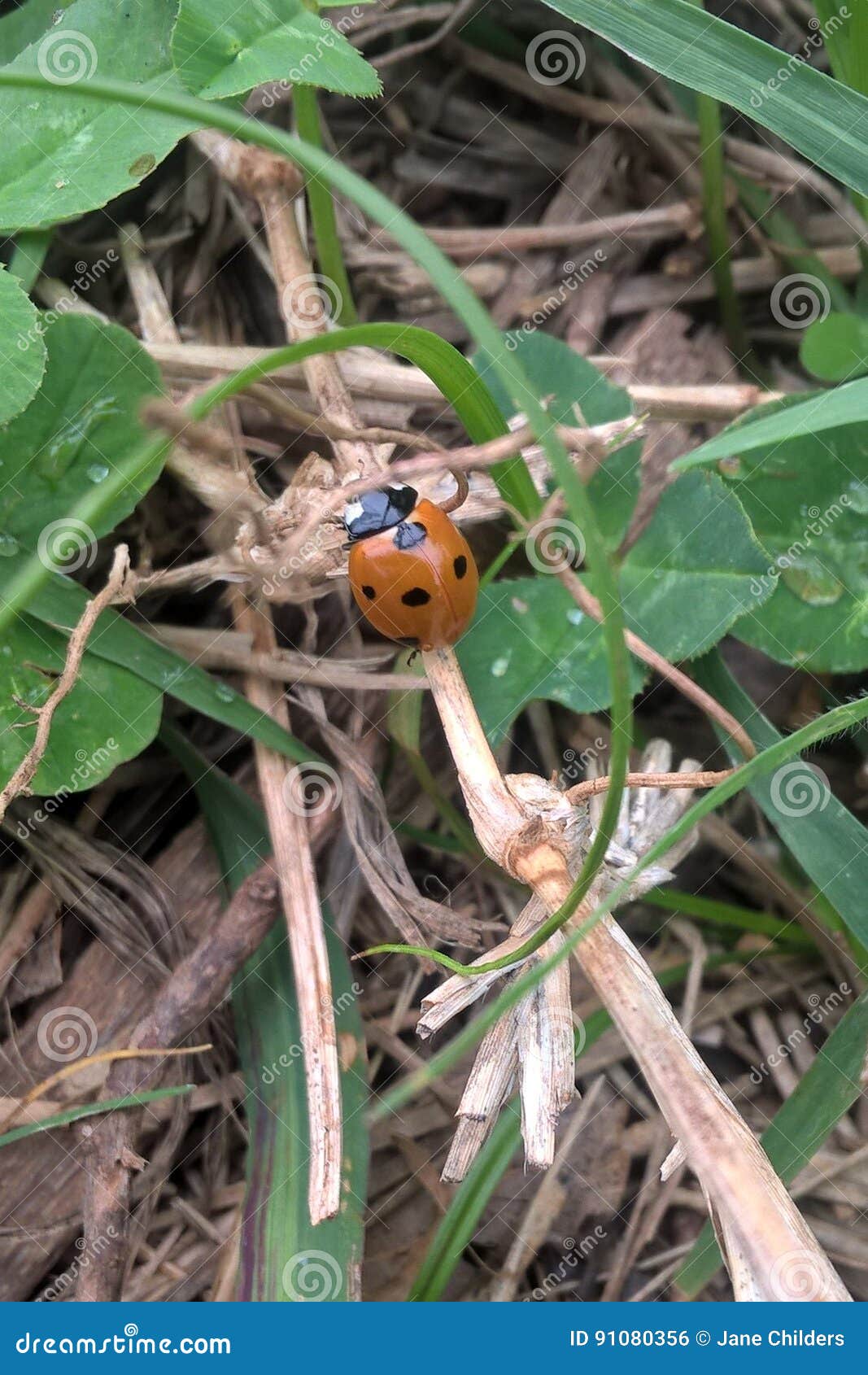


These findings indicate that intraguild predation is unlikely to occur given the low abundance of H. quinquepunctata, as it directly affects the vegetation growth on expose riverine sediment. Presence of the invasive plant Himalayan balsam ( Impatiens glandulifera) may have a negative effect on C. quinquepunctata were observed within 0.5 m of the exposed riverine sediment rather than higher up on the vegetation. quinquepunctata was recorded at all sites. A third of the sites had no records of H. Of all recorded coccinellids, 76% were C. quinquepunctata were observed on and vegetation density on the shingle were assessed in broad categories. When an individual coccinellid was recorded, so too was its elevation from the substrate. Two habitat types (exposed riverine sediment and grassland adjacent to the ERS) along 12 Welsh rivers were surveyed for C. axyridis, will result in a decline in the abundance of C. quinquepunctata, together with the continuing spread of H. There is concern that the narrow habitat requirements of C. In recent years, the rapid spread of the invasive alien Harmonia axyridis (harlequin ladybird) has been linked to a decline in native coccinellid numbers. This habitat is in a constant state of alteration by natural and anthropogenic means with the quality of the habitat being degraded to the point that specialised invertebrate species, such as C. As a result, it is classified as (RDB3) Rare, mainly as a result of its preferred habitat exposed riverine sediment. Since this time the species is abundant, however, only in very specific habitat in Wales and Scotland. 2UK Centre for Ecology and Hydrology, Wallingford, United KingdomĬoccinella quinquepunctata (the five-spot ladybird), was considered extinct in the UK until 1987.1Applied Ecology Research Group, School of Life Sciences, Anglia Ruskin University, Cambridge, United Kingdom.


 0 kommentar(er)
0 kommentar(er)
